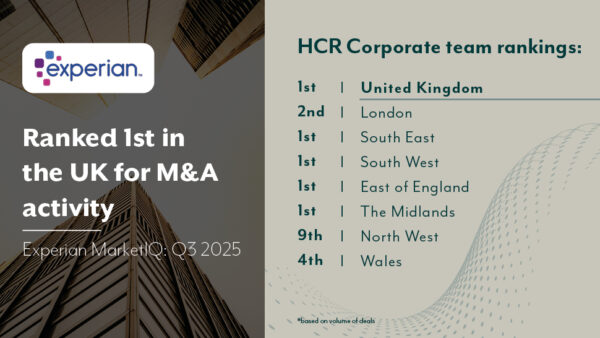

What is workplace mediation?
Workplace mediation is a confidential, impartial, non-judgemental and voluntary process to address workplace disputes quickly. A neutral third party assists colleagues to understand their differences and find their own solutions.
Mediation takes place outside of any grievance or disciplinary process and is confidential. The appointed mediator facilitates conversation between the participants without passing any judgment or reporting back to line managers The distinction between mediation and a formal process is important as it enables the participants to talk more freely and devise outcomes that they are willing to adhere to, rather than a decision being imposed upon them.
Crucially, the mediator is impartial – they aren’t there to act as an advocate for either participant or to further the employer’s desired path to resolution. The process is different to judicial mediation i.e., where an Employment Tribunal claim has been issued, or commercial mediation between represented parties looking to resolve a dispute in a formal way.
A participant-led process
The mediator will handle the process confidentially. They will not take sides or impose any of their own – or the employer’s – views or solutions on the parties. They are present to get the parties talking and working together to make inroads in how to address their differences.
If a party wishes to withdraw from mediation they are free to do so, but the mediator will encourage them to think through the implications of doing so before they walk away.
The process is led by the employees as “participants” to set the agenda for their discussions around the issues of conflict in their working relationship. This shifts the focus from any decisions being imposed by the employer to empowering the employees to make their own commitments as to how their working relationship will operate in the future.
The appointed mediator will assist in facilitating the discussions, moving the participants from the issues at play to potential resolutions. It is a forward-looking process, with the participants encouraged to devise their own outcomes to work together more effectively in the future. The mediator is not there to set an agenda, offer solutions or stipulate an outcome. It is, therefore, completely participant-led.
Why choose mediation?
Workplace conflict is a drain on businesses. It leads to lost revenue, reduced productivity and increases in staff absence and turnover. Consider: can you can afford to leave staff who work unhappily alongside each other in conflict to fester?
Doing so often ends in complex grievances arising out of differences in personality or working style, or disciplinary sanctions being issued if one party perceives the conflict to amount to bullying and harassment.
When it comes to mediation, the size of the business doesn’t matter. Differences between colleagues in a smaller business can have just as much of a detrimental impact as in a larger organisation. Left unaddressed, relatively minor disagreements can escalate and cause fundamental damage to your business.
The process addresses issues before they become protracted grievance or disciplinary matters – it leaves practice managers to focus on their day job, so that productivity is not adversely affected. Whilst your staff will be trained, encouraged and passionate to provide the highest levels of care to your clients, inter-staff conflict is often left to fester, with damaging results. Staff disputes inevitably result in staff absence and spikes in attrition rates. In the worst case scenarios they end in costly litigation
Early intervention means that your practice is less likely to experience staff absence and staff turnover, so avoiding the resultant exit or recruitment costs. There are fewer layers of formality in mediation, and as it is participant-led, employees should feel a greater sense of ownership and satisfaction compared to a management-imposed decision
Empowering employees to make their own decisions in this way leads to a reduction in litigation and encourages co-operation in the future between participants and amongst the workforce in general. Mediation works for conflict in relationships between two colleagues, either peer to peer or supervisor to supervisee.
Likewise, taking swift action to address ongoing tensions and an early intervention strategy can aid in avoiding protracted grievances or disciplinary proceedings. This is particularly the case where the issues at play are, in essence, a difference in personality or working style.
Commonly, differences in approach to work, particularly in managerial and line report interactions, are inaccurately interpreted as bullying. Had discussions taken place at any earlier stage, such perceptions could have been addressed and the friction “nipped in the bud”.
When will workplace mediation not be suitable?
Workplace mediation is not appropriate for team issues. Instead, these may benefit from facilitated sessions to air and address conflict between several colleagues or managers.
It is not suitable for serious disciplinary matters, such as potential gross misconduct situations or serious allegations of discrimination. It is also not applicable for disputes over employment contract terms and conditions – either individual or collective.










